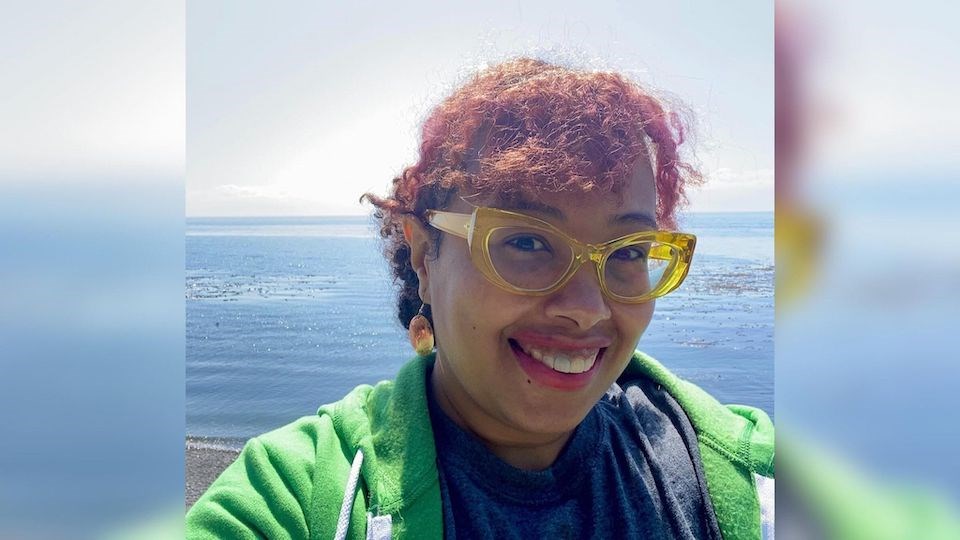"I just feel like my lungs are crushed.'
That's Doaa Magdy, a 35-year-old Vancouverite who says her COVID-19 symptoms were far from mild, despite being young and having received two doses of a Health Canada-approved vaccine.
But the Simon Fraser University grad student adds that she thinks she would have been in the intensive care unit if she hadn't been vaccinated.
While many people have reported very mild symptoms from the Omicron variant, others say they've suffered severe illness from the highly contagious strain. For Magdy, the symptoms came on suddenly and progressed rapidly.
On New Year's Eve, Magdy tells Vancouver Is Awesome in a phone interview that she felt extremely tired. Her husband tested positive for COVID-19 on Jan. 1 and she took a rapid test but it came back negative.
Later that night, however, Magdy, who has asthma, developed a high fever and says her "lungs really hurt" and "felt like they were being crushed." She didn't want to go to the hospital because she expected it to be crowded. When she went to get a PCR test the following morning, she "couldn't form a full sentence" without catching her breath; the test also came back positive.
After she received a CT scan at the hospital, the doctor told Magdy that she also had a blood clot.
"I'm so grateful [that] I came back...that they found the clot," she adds. "I don't know... it's just like I'm in my 30s... totally vaccinated."
Magdy was given two injections to thin her blood and she stayed at the hospital for several hours. She must continue to take blood thinners for the next three months, too.
"My life changed in a week," she notes. "Everything I eat I have to Google if I can do it. Like I used to eat a bunch of greens but it turns out that you can't eat those on blood thinners because they're high in vitamin K."
While she's slowly recovering, Magdy adds that this isn't her first battle with the virus. The SFU student contracted COVID-19 in April 2020 and says she wasn't ever the same, describing herself as a "COVID long hauler."
But she's careful to emphasize that this round was significantly worse—and hopes people will consider that risk.
"I feel that we need to have more compassion. Because what's mild for us, might not be mild for the person in front of us," she explains."When people say it's a cold or flu, I've never heard of a cold staying with you for a long time."
Doctors told Magdy that she'd most likely contracted the Omicron variant as it is the most widely circulating strain in the province. And while her husband had less severe symptoms, she underscores that this shows how the virus impacts people differently.
"And the best thing we can do as a community to care for each other is vaccinated as soon as you can," she says.
"We have a huge privilege that the vaccine is very accessible and this pandemic will not end until the whole planet has access to vaccines."




